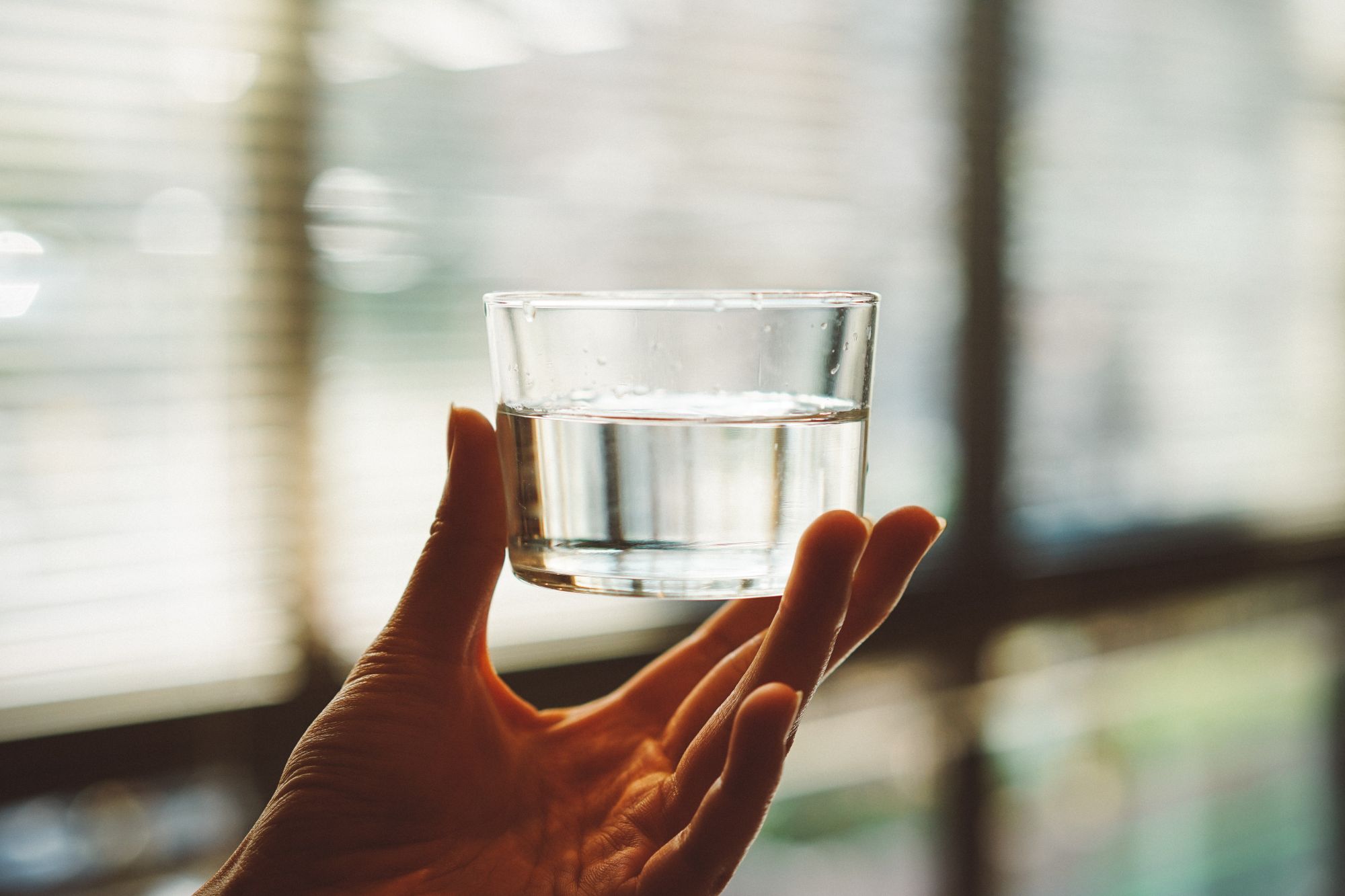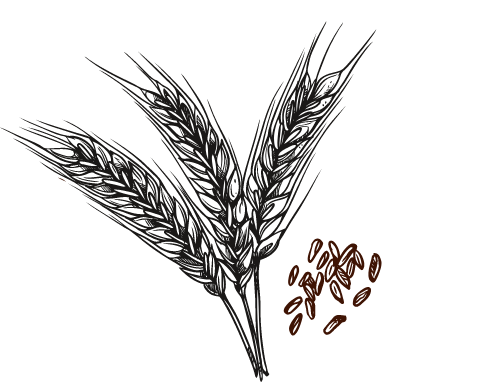Water is a vital constituent of the human body and is our greatest ally. A health, fitness and beauty asset as essential as food. And that's a good thing, because hydration is also found in food! Here's a closer look at the right habits for a well-hydrated body.
Hydration, an essential need
More than half of an adult human body is made up of water, which is contained in the lungs, blood, brain, skin and muscles. It is the essential component of blood, cells, organs and tissues, and plays a part in regulating body temperature or the proper functioning of the immune system, oxygenating cells and eliminating waste. Without water, there is no life. In addition to its vital needs, water is also essential for healthy skin and hair, weight maintenance, energy and stress management.
Every day, the body evacuates some of this water through perspiration, urine or breathing. To maintain optimal body function and avoid dehydration, it is vital to replace the water that is removed. It is estimated that the human body loses an average of two litres of water per day. Part of this loss is compensated for by food, the rest by hydration: according to the National Health Nutrition Programme, an adult should drink between 1 and 1.5 litres of water every day, the equivalent of six to nine glasses of water.
The different ways of hydration
Internal hydration is provided by both water and food. But not all foods provide the same amount of water, and not all drinks provide the same quality of hydration!
Hydration through food
A daily menu rich in natural, unprocessed fruit and vegetables can provide more than 50 cl of water to the body each day, on average. Those who eat little fruit and vegetables, on the other hand, will need to drink more water.
- Fruit and vegetables are the most water-rich foods, except for dried fruit. Among the champions of all categories are cucumbers, tomatoes, courgettes, watermelons, melons, peppers and red fruits... Also think about mushrooms, lettuce, citrus fruits or endives, but give preference to raw vegetables as much as possible, as the water content decreases during cooking. Also prefer whole fruit to fruit juice, which is sweeter.
- As milk itself is rich in water, fresh dairy products are also rich in water, especially cottage cheese, yoghurt and fresh cheeses.
- Soups and broths offer the double advantage of being made of water and vegetables. When they are not homemade, however, don't hesitate to choose them organically to limit additives.
- Eggs, fish and meat also have an interesting water content.
Hydration through drinking
Technically, all drinks contribute to hydration. Specifically, certain types of beverages should be monitored or limited because of their salt, sugar, caffeine or alcohol content.
- Water is the body's favourite drink, whether it is bottled or from the tap. However, beware of carbonated water, whose bubbles can cause bloating in excess. Some carbonated waters are also too salty.
- Infusions, natural flavoured waters, milk or vegetable drinks such as the almond or soya vegetable drink can vary the taste and intake, provided that you choose unsweetened versions.
- Coffee and tea are a possible alternative, provided they are limited to two or three cups a day and are not used as a substitute for water. Both contain excitants, caffeine and theine, and are diuretic: they make you urinate more frequently, causing you to lose more water than they provide.
The case of sweetened and alcoholic drinks
Also diuretic, sweetened and alcoholic drinks increase urinary secretion and disrupt the transport of water to the cells. As a result, most of them promote dehydration rather than alleviate it. Enjoy them in moderation for pleasure, not for hydration!
When to drink for correct hydration?
The recommended daily amount of water varies according to profile, gender, age, body type... and unlike hunger, thirst is not the most reliable indicator! The sensation of thirst is an alarm in the event of dehydration. When it occurs, the body is already lacking water, and the sensation can sometimes be absent. To avoid dehydration, it is advisable to drink regularly, in small quantities, even before you feel thirsty.
The preferred method is to set up rituals to ensure regular water intake: a glass of water when you wake up, at each meal, at each break, with each snack, with each coffee, before bedtime... Another option? There are dedicated applications on smartphones, such as Aqualert or Chron'eau, which can calculate the recommended water consumption according to profile, send reminders to remember to drink or even monitor water intake throughout the day.
When should hydration be increased?
In certain conditions or for certain profiles, it may be necessary to increase the frequency of hydration, although always in small quantities.
- Hot weather: when the outside temperature rises, the body regulates its internal temperature by sweating. The loss of water must therefore be compensated for to enable it to continue its efforts, hence the recommendations during heatwaves.
- Sport: during exercise, the body sweats in large quantities. To maintain energy levels and performance, water intake must be regular before, during and after, in small sips. As a bonus, good hydration helps to limit muscle aches or cramps.
- Older people: as we age, the body's water content decreases and the sensation of thirst becomes less frequent. As a result, the elderly are among those at risk of dehydration and should remember to drink water more regularly.
What about infants?
While the average water content of an elderly person is 50% and that of an adult 60%, an infant's body can be almost 70% water! In principle, milk is sufficient to cover these needs. The only special case is that in the case of infant milk, the water used must be low in mineral content and low in nitrates.









